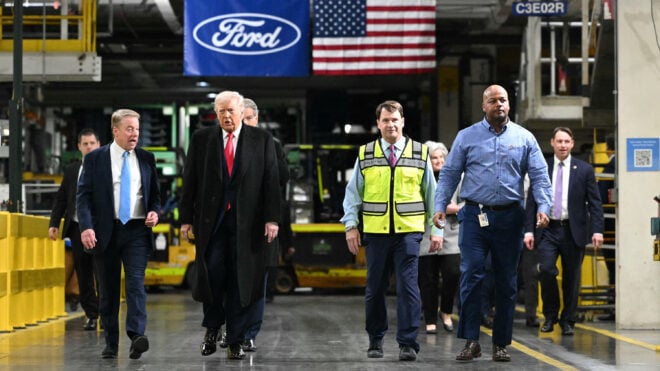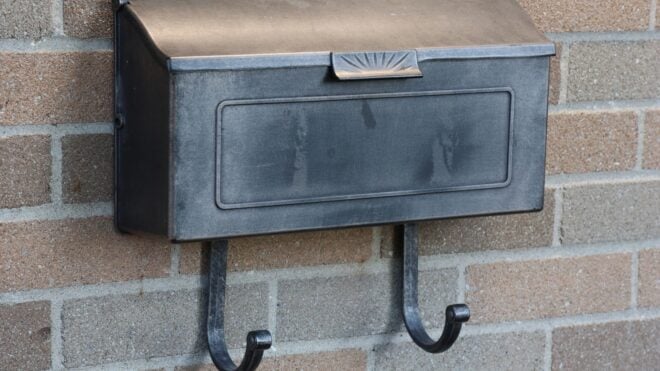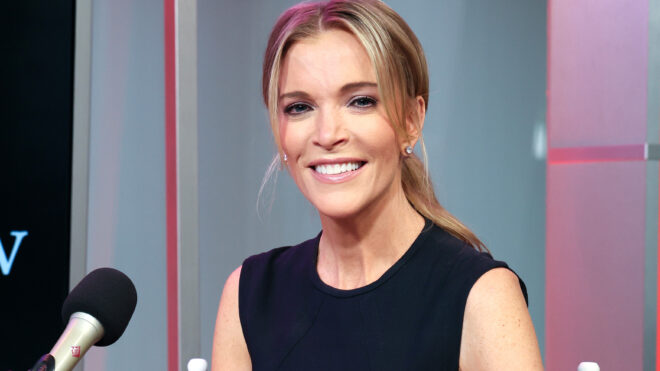
My puberty and sexual health lessons were done in school in very awkward and heteronormative settings. Embarrassment was laced with confusion as I sat in a classroom and wished for the floor to open and swallow me whole. I was extra uncomfortable because when the mechanics of sex was discussed, I already knew I was gay. "Straight" sex didn’t apply to me. Did that mean I could never have a sexual relationship? What would sex look like for me? Any other information I learned about my body or sex was from friends and dirty magazines I found in my father's nightstand. I was completely misguided and at risk for sexually transmitted infections, assault, and pregnancy. I deserved so much more, and so do your kids. Parents can't rely on schools to provide comprehensive and inclusive sexual health education.
Early and ongoing talks about the talk are necessary to keep kids safe. These talks can be difficult and uncomfortable, but they don't need to be. It takes practice, and it's OK to rely on resources to help with this. Thankfully, technology offers so many tools that can help you dive into conversations with your kids about puberty and sexual health.
Podcasts
Maybe you want someone else to do the talking while you and your child listen. I love to listen to podcasts with my kids. My oldest child is 9, and she is at the perfect age to be able to sit with me and focus on what we are listening to. Six Minute Sex Ed is hosted by sex educator Kim Cavill, and like the name suggests, each episode is about six minutes long. Cavill breaks down consent, puberty, LGBTQIA+ topics, masturbation, and so much more in two different levels of detail. Level one is for younger listeners, and level two is for teens and adults.
How to Talk to Kids About Anything with Robyn Silverman, PhD, is a podcast that helps parents tackle the big stuff with their kids. From mental health to sex, porn, and body image, Dr. Robyn, as she is known, talks to experts on a range of topics to make those topics more relatable and easier to discuss.
Podcasts are a great way to invite someone else into the conversation while allowing you to still navigate it with your child.
Books
Even those of us who are comfortable with talking to our kids may have kids who are not comfortable hearing what we or a podcast host has to say. Books are a great way to use illustrations, other people's stories, and written explanations that can be revisited over and over again when you and your child need time to digest information quietly and alone. Great books include: Sex Is a Funny Word by Cory Silverberg and author of What Makes a Baby<span style="font-weight: 400;">; Let's Talk About Body Boundaries, Consent and Respect by Jayneen Sanders; and Positive Sexuality: A Kid's Inclusive Guide to Being Body Aware (Kids Aware) by Sara Perry.
Websites
The World Wide Web can be the Wild West that puts our kids in danger, but the internet does offer some amazing sources of information to keep them safe, too. Amaze promises to take the awkward out of sex ed. The site is designed to make you an "askable parent" on topics like sexual orientation, puberty, STDs, and pregnancy. Amaze offers age-appropriate, honest, and inclusive sex ed in the form of engaging and often humorous videos, educational resources, and tool kits.
Sex Positive Families has a variety of resources in one place to help talk to kids about sex, consent, and puberty without embarrassment or fear. The site was started by Melissa Pintor Carnagey, a sex educator and licensed social worker. Sex Positive Families offers a podcast, resource guides, book suggestions, and online parenting groups. You can also hire Pintor Carnagey to be your personal parenting coach for raising sexually healthy kids.
Planned Parenthood is a national treasure, and adding to the organization's importance is its website's section that educates parents before they talk to their kids about sexual orientation, gender, and sex. The site offers tips on what to expect and questions for you to explore with your kids. From preschool to high school, Planned Parenthood offers videos and Q&A scenarios that address everything you need to know to talk about sexual reproduction, sexual health, and safe sex.
YouTube Channels
Sex Ed School may be one of my favorite resources out there. The 10- to 15-minute videos are hosted by a sex researcher, Eva, and a sex educator, Nadine. The women use inclusive language and body positivity to cover topics like gender, genitals, consent, and love. The shows feature a classroom of kids that my kids love to see because it empowers them to want to learn. It also means the language is simple and easy for them to understand. These videos are made for kids by experts who want our kids to experience safe and healthy relationships with their bodies and the bodies of others.
We want to give our kids the tools to feel empowered and informed about their bodies. It may be uncomfortable at times, but it's worth it. Early, frequent, and inclusive conversations about sexual health and puberty will reduce shame and keep them safe.




